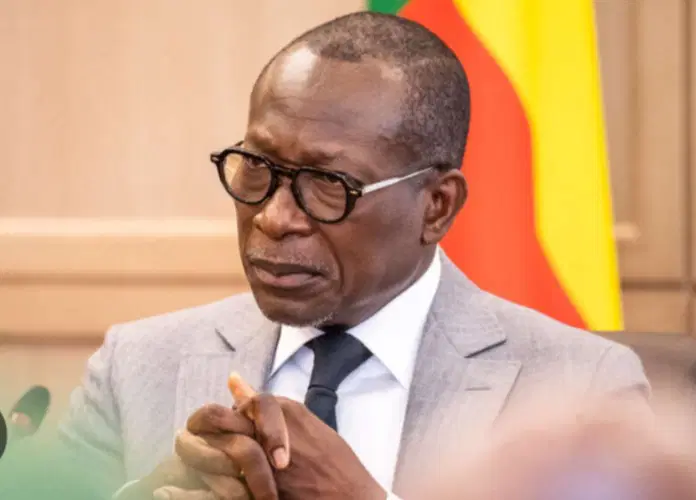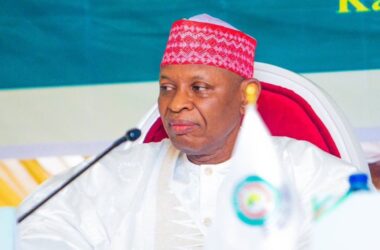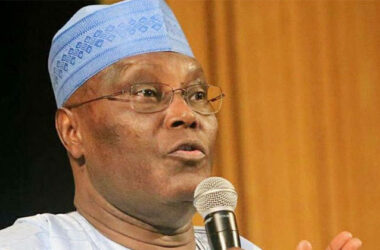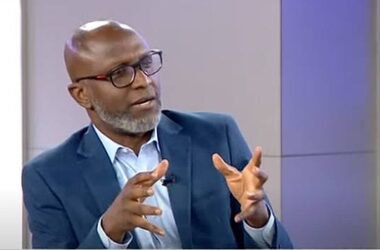Benin authorities have arrested three high-profile figures, including the commander of the presidential guard, on accusations of plotting a coup in the West African nation. The alleged plan, which was said to be set in motion for September 27, 2024, involved top military and political figures, raising concerns about stability in the country.
Elonm Mario Metonou, the special prosecutor at Benin’s court for financial crimes and terrorism, confirmed the arrests in a statement on Wednesday. Those apprehended include Djimon Dieudonne Tevoedjre, the commander responsible for the security of President Patrice Talon, former Sports Minister Oswald Homeky, and businessman Olivier Boko, a close associate of the president. The prosecutor alleged that the coup attempt was aimed at overthrowing the current government by force.
“It appears the Republican Guard commander in charge of the president’s security was engaged by the minister Oswald Homeky and Olivier Boko in order to carry out a coup by force on September 27, 2024,” the prosecutor explained.
The plot reportedly involved a significant amount of money, with Homeky allegedly handing over six bags containing a total of 1.5 billion West African CFA francs ($2.5 million) to Tevoedjre in the early hours of Tuesday. Boko, the businessman, was detained separately in Cotonou, Benin’s economic capital, overnight between Monday and Tuesday. His arrest has sparked protests from his supporters, who claim he has been unjustly targeted for political reasons.
Boko has previously expressed interest in running for the presidency in 2026, once President Talon’s second term ends. His lawyers and supporters have criticized the arrests, describing them as politically motivated. Boko’s support group, Objectif Benin 2026, labeled the arrest as “a serious violation of fundamental rights” and called for his immediate release. “It is not possible for his family or us, his lawyers, to know where and in what condition is Mr. Boko,” his legal team stated, raising concerns about his treatment in detention.
In recent years, Benin has faced increasing criticism for its authoritarian turn under President Talon, who came to power in 2016. Critics argue that political freedoms have been curtailed, with opposition figures and activists frequently facing legal challenges. Just last month, an online critic of the president was detained on charges of inciting rebellion, adding to concerns about freedom of speech in the country.
Meanwhile, Benin’s security forces have been on heightened alert, especially given the regional instability caused by a wave of military coups in neighboring countries like Mali, Burkina Faso, and Niger. These nations have struggled with jihadist violence, and the unrest has occasionally spilled over into Benin, further complicating its security situation.










